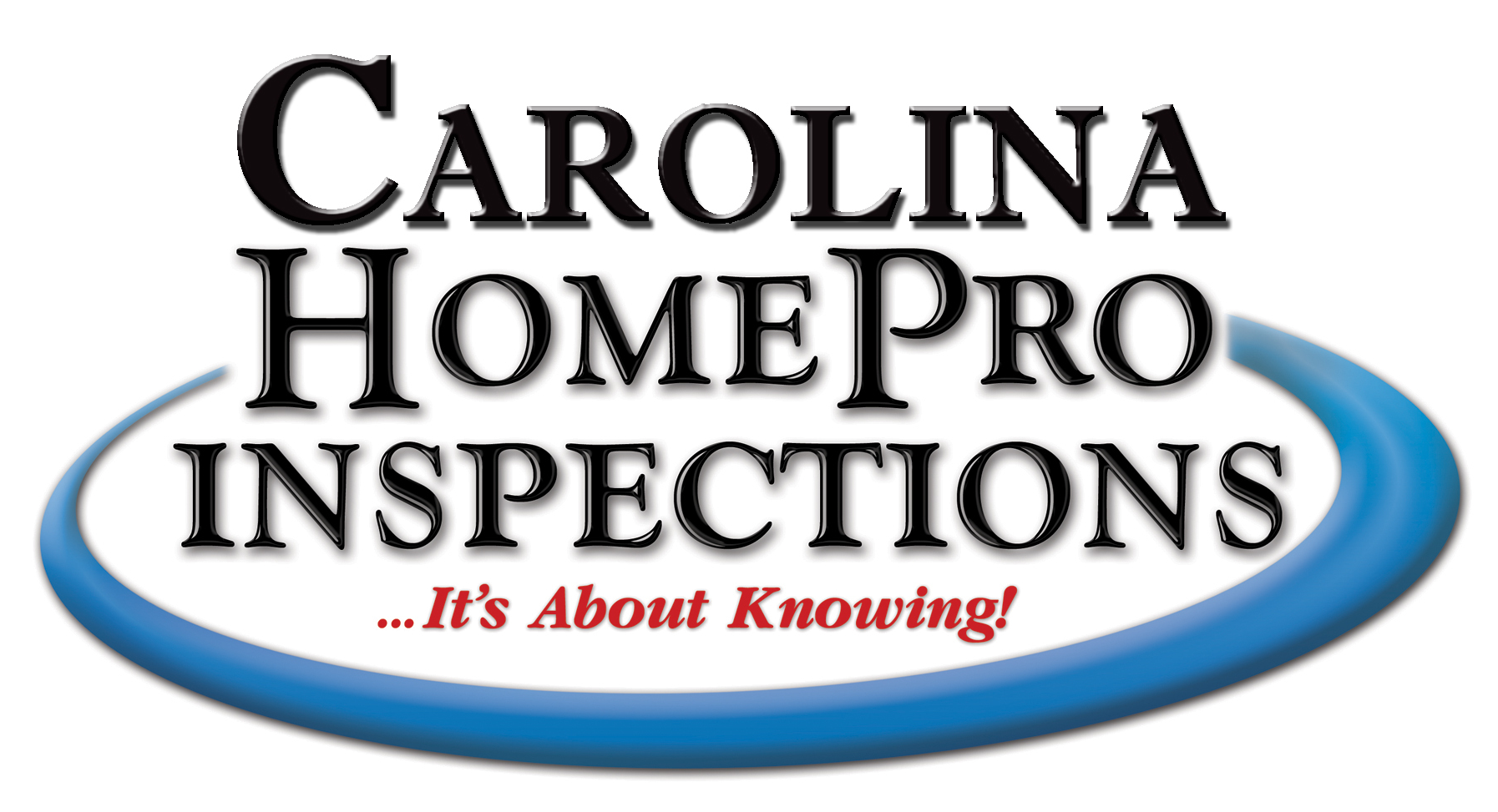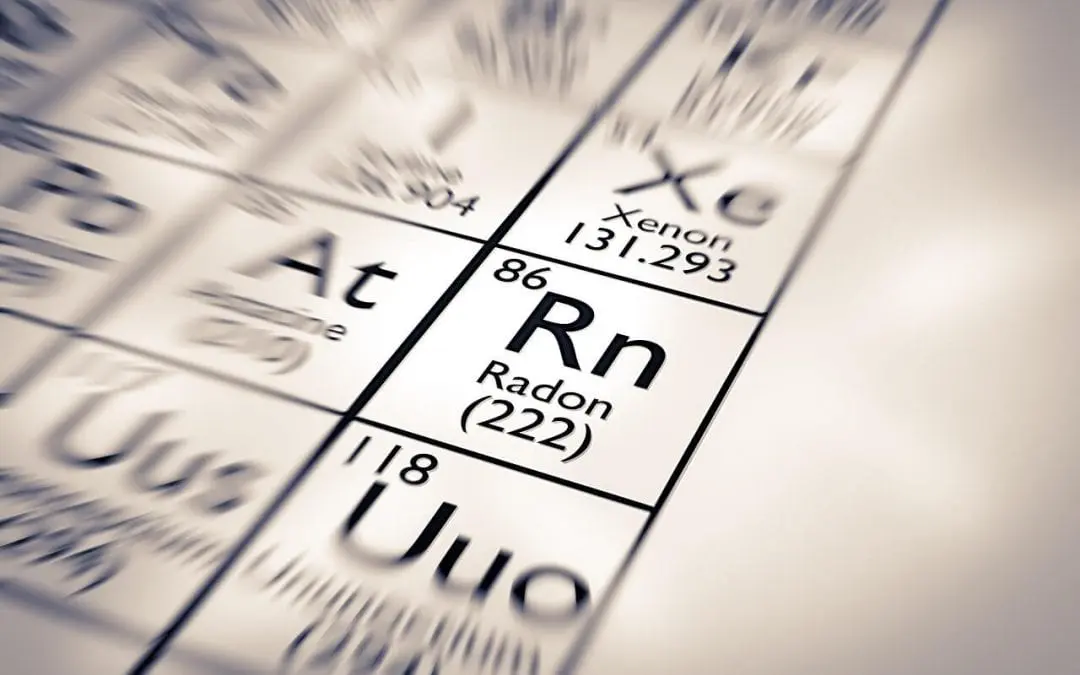What is Radon?
Radon gas forms as a byproduct of the breakdown of radioactive elements in the soil. This gas seeps up through the earth and into your home via gaps and cracks in your foundation. Over time, radon will accumulate in your living spaces and affect the health of you and your family members.
Radon gas is dangerous because the radioactive particles affect lung tissue. Radon is the second leading cause of lung cancer in the United States, and often the first sign a person has been exposed to radon is through a diagnosis of lung cancer.
Testing for Radon Gas in the Home
Because radon is colorless and odorless, it is impossible to detect it without a test. Do-it-yourself test kits are available online and at some hardware stores, however, it’s best to hire a radon professional to perform your test. A professional will know where to place the test and how to read the results accurately so that you know the levels of radon in your home.
If Radon is Detected
If radon testing shows dangerous levels of radon in your home, hire a radon mitigation professional to install a system that will help reduce radon in your home. The system will be designed specifically for your property and usually consists of a vent pipe and fan to help move radon gas out of your home. To lower the levels of radon, gaps and cracks in the foundation and walls will also be sealed.
After the mitigation system is installed, it’s important to test for radon within the next 30 days. This will verify the new system is doing its job to reduce the amount of radon you and your family members are exposed to. If the system is performing effectively, schedule testing at least once a year to keep your home safe.
Carolina HomePro Inspections offers inspection services, including radon testing. If you’re in the Charlotte, NC or the Rock Hill area of South Carolina, contact us to schedule our services.

